Filter by
SubjectRequired
LanguageRequired
The language used throughout the course, in both instruction and assessments.
Learning ProductRequired
LevelRequired
DurationRequired
SkillsRequired
SubtitlesRequired
EducatorRequired
Explore the Vital Signs Course Catalog
 Status: Free Trial
Status: Free TrialRice University
Skills you'll gain: Anatomy, Neurology, Pharmacology, Kinesiology, Life Sciences, Medical Terminology, Biology
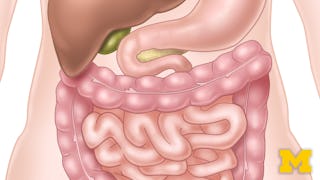 Status: Free Trial
Status: Free TrialUniversity of Michigan
Skills you'll gain: Anatomy, Gynecology, Obstetrics And Gynecology, Urology, Medical Imaging, General Medicine
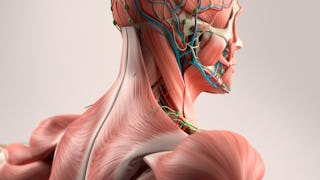 Status: Free Trial
Status: Free TrialMedCerts
Skills you'll gain: Medical Terminology, Anatomy, Pathology, Orthopedics, Medical Records, Medical Billing and Coding, Biology, Health Information Management, Physical Therapy
 Status: NewStatus: Preview
Status: NewStatus: PreviewNational Academy of Sports Medicine
Skills you'll gain: Nutrition and Diet, Clinical Nutrition, Nutrition Education, Geriatrics, Chronic Diseases
 Status: Free Trial
Status: Free TrialUniversity of Colorado System
Skills you'll gain: Child Health, Working With Children, Child Development, Patient Safety, Injury Prevention, Nutrition and Diet, Safety Assurance, Accident Prevention, Patient Education And Counseling, Caregiving, Stress Management
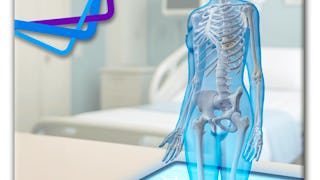 Status: NewStatus: Free Trial
Status: NewStatus: Free TrialSkills you'll gain: Orthopedics, Kinesiology, Medical Imaging, Anatomy, Radiography, Patient Evaluation, Radiology, Physical Therapy, Pathology, Patient Treatment, Medical Terminology, Biology, Chronic Diseases
 Status: Free Trial
Status: Free TrialUniversity of Colorado System
Skills you'll gain: Hospice, Patient Evaluation, Respiratory Care, Caregiving, Health Assessment, Stress Management, Patient Education And Counseling, Chronic Diseases, Patient Treatment, Mental and Behavioral Health, Geriatrics, Nutrition and Diet, Pharmacology
 Status: Free Trial
Status: Free TrialSkills you'll gain: Phlebotomy, Blood Collection, Patient Education And Counseling, Geriatrics, Laboratory Testing, Electocardiography, Pediatrics, Nursing and Patient Care, Cardiology, Patient Assistance, Patient Preparation, Urology, Medical Equipment and Technology, Infection Control
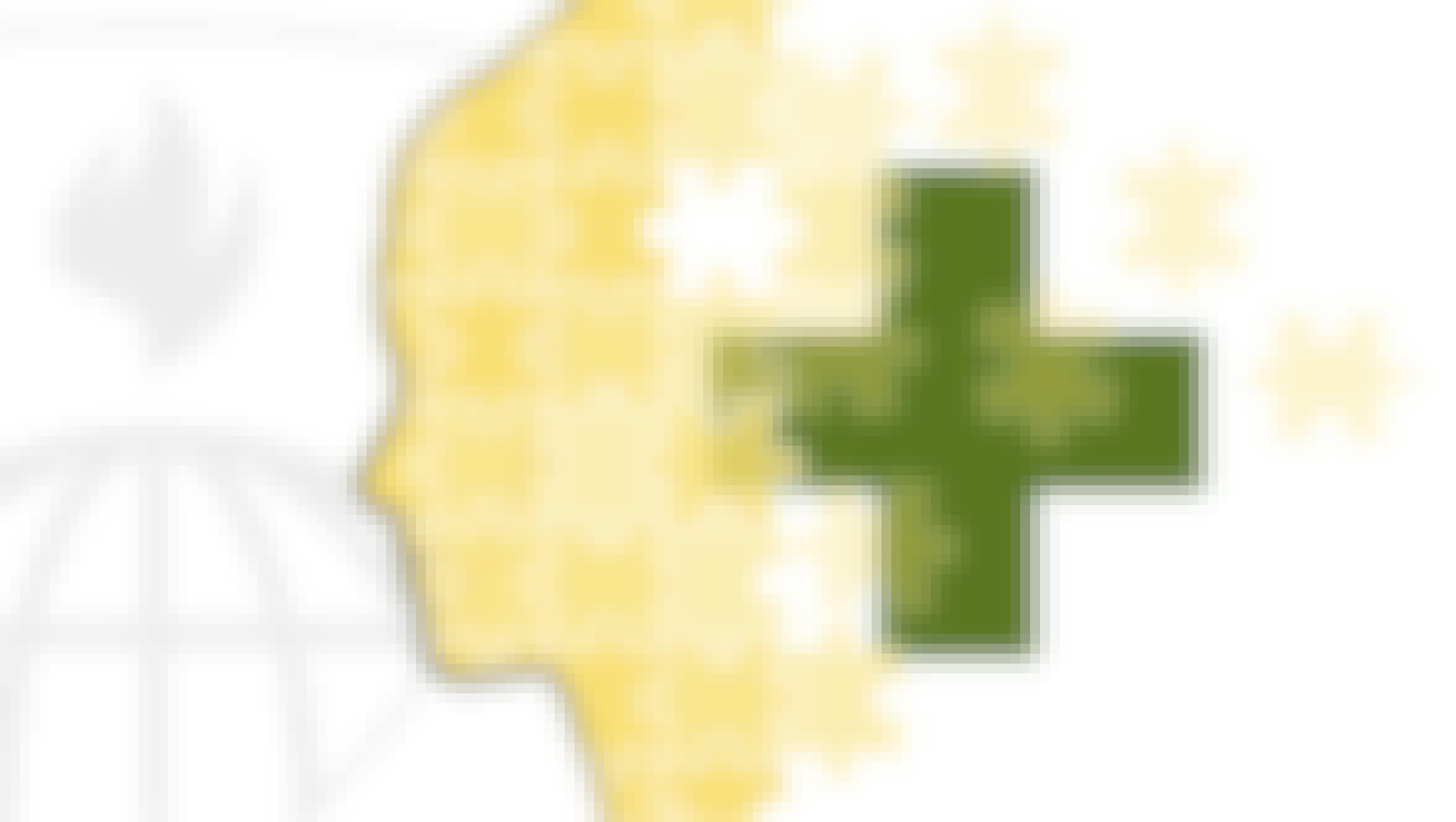 Status: Preview
Status: PreviewJohns Hopkins University
Skills you'll gain: Triage, Crisis Intervention, Active Listening, Emergency Response, Trauma Care, Emergency Services, Psychological Evaluations, Interpersonal Communications, Mental Health, Patient Education And Counseling, Stress Management, Patient Referral
 Status: Preview
Status: PreviewKorea Advanced Institute of Science and Technology(KAIST)
Skills you'll gain: Biochemistry, Pharmacology, Molecular Biology, Life Sciences, Blood Pressure, Medical Science and Research, Biology, Microbiology, Oncology
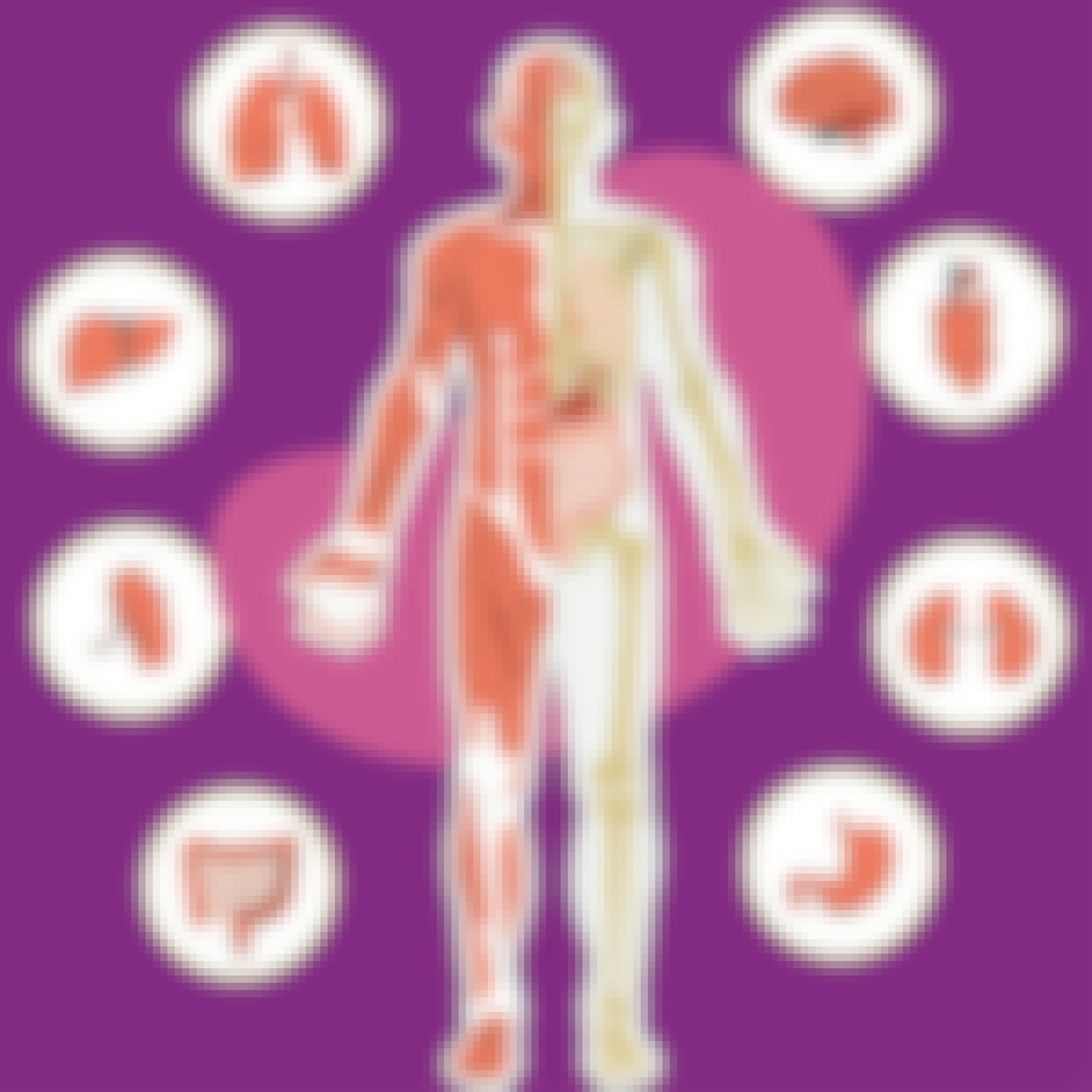 Status: Preview
Status: PreviewThe Chinese University of Hong Kong
Skills you'll gain: Pulmonology, Respiration, Cardiology, Anatomy, Kinesiology, Orthopedics, Neurology, Biology
 Status: Preview
Status: PreviewThe University of Edinburgh
Skills you'll gain: Pulmonology, Chronic Diseases, Hospice, Respiratory Care, Primary Care, Respiration, Patient Evaluation, Rehabilitation, Health Disparities, Health Assessment, Patient Education And Counseling, Community Health
Vital Signs learners also search
In summary, here are 10 of our most popular vital signs courses
- Anatomy & Physiology: Regulation, Integration, & Control: Rice University
- Anatomy: Gastrointestinal, Reproductive and Endocrine Systems: University of Michigan
- The Skin, Bones, and Muscles: MedCerts
- Optimal Nutrition After 40: National Academy of Sports Medicine
- Guidance to Keep Newborn Babies Safe and Healthy: University of Colorado System
- The Framework of Movement: Understanding Bones and Muscles : Immersify
- Easing Physical Symptoms: It's Not Just Hospice Anymore: University of Colorado System
- Pediatric, Geriatric, Phlebotomy, and Cardiology Assisting: MedCerts
- Psychological First Aid: Johns Hopkins University
- Signaling actions of small molecules: Korea Advanced Institute of Science and Technology(KAIST)










